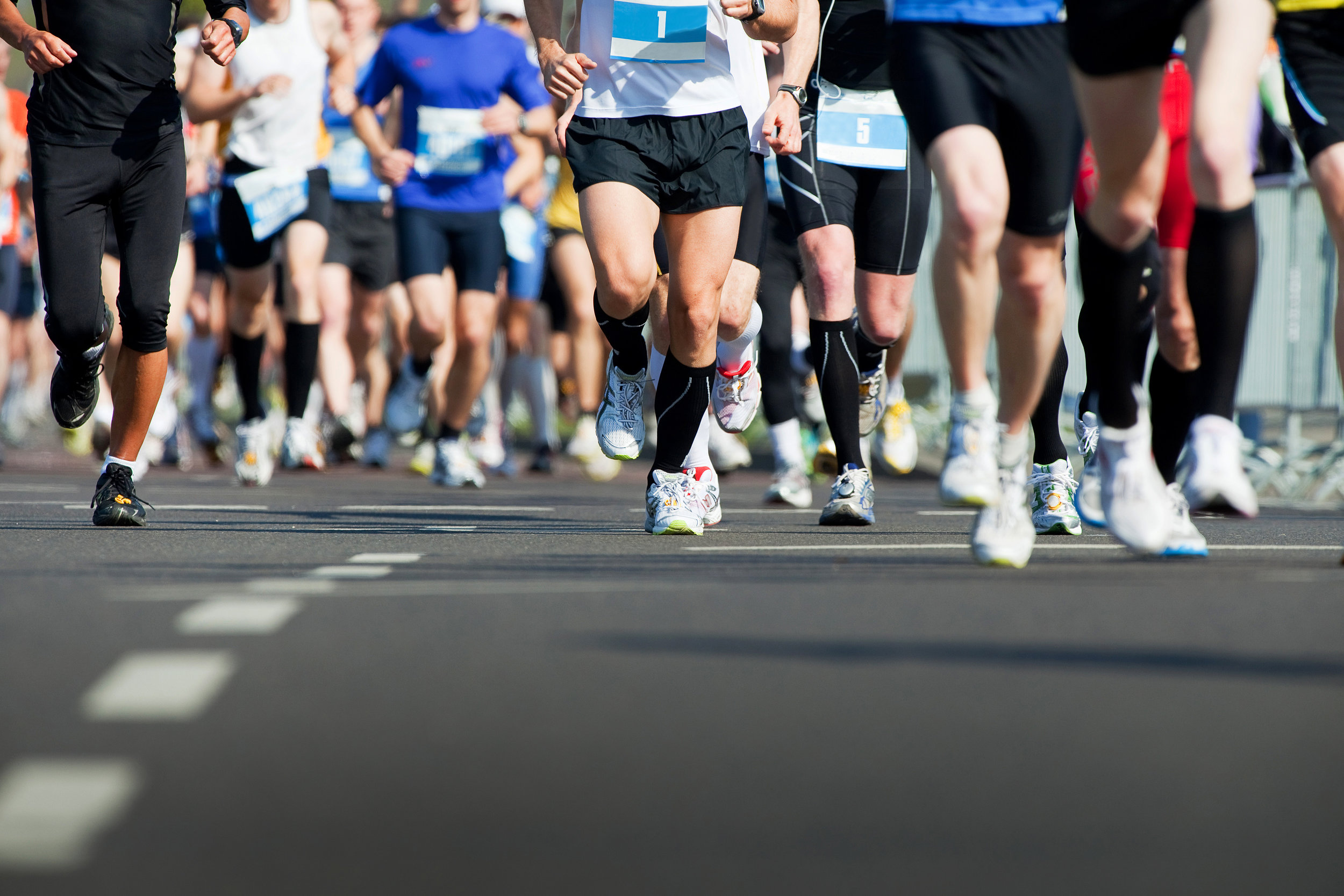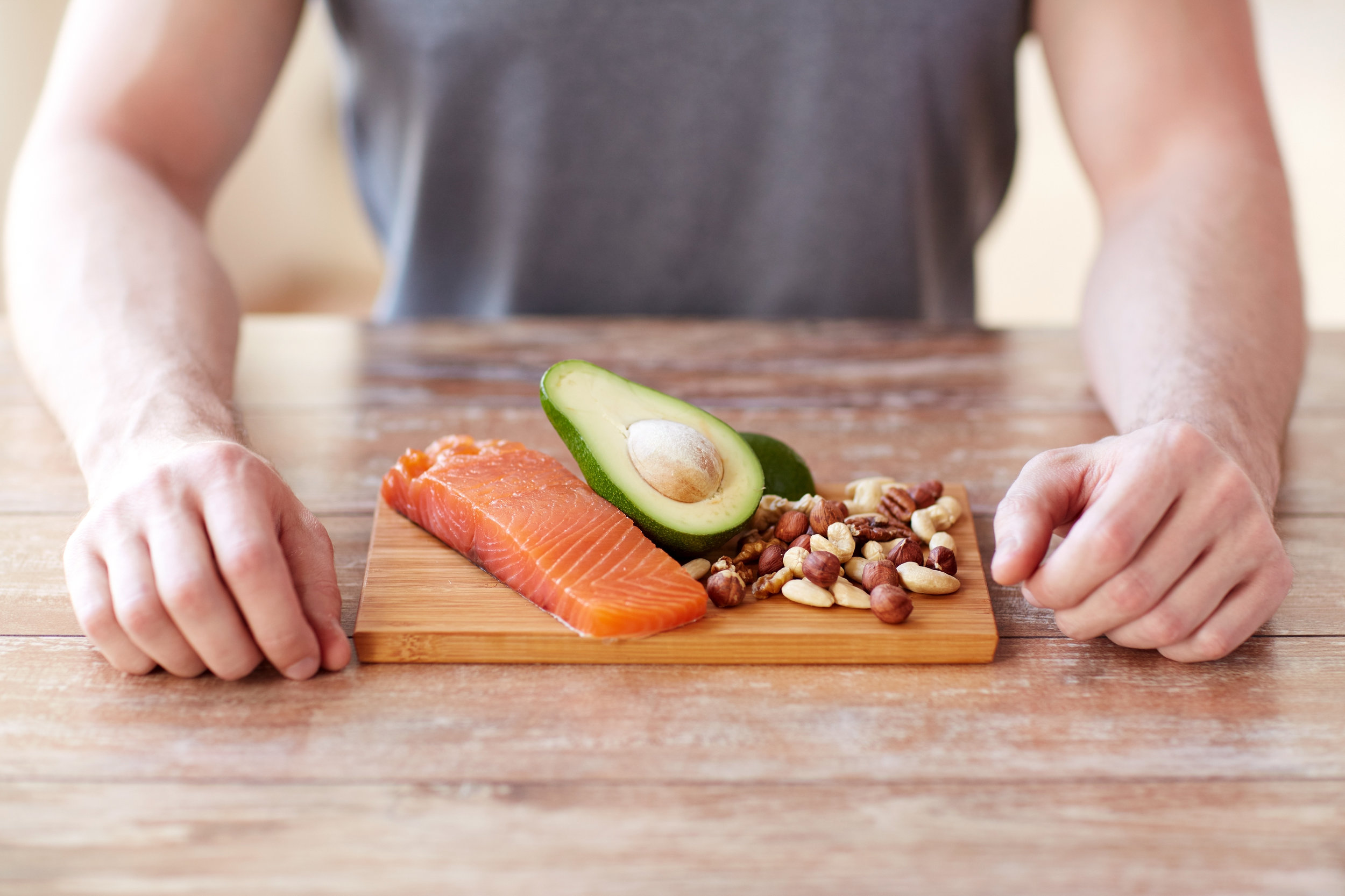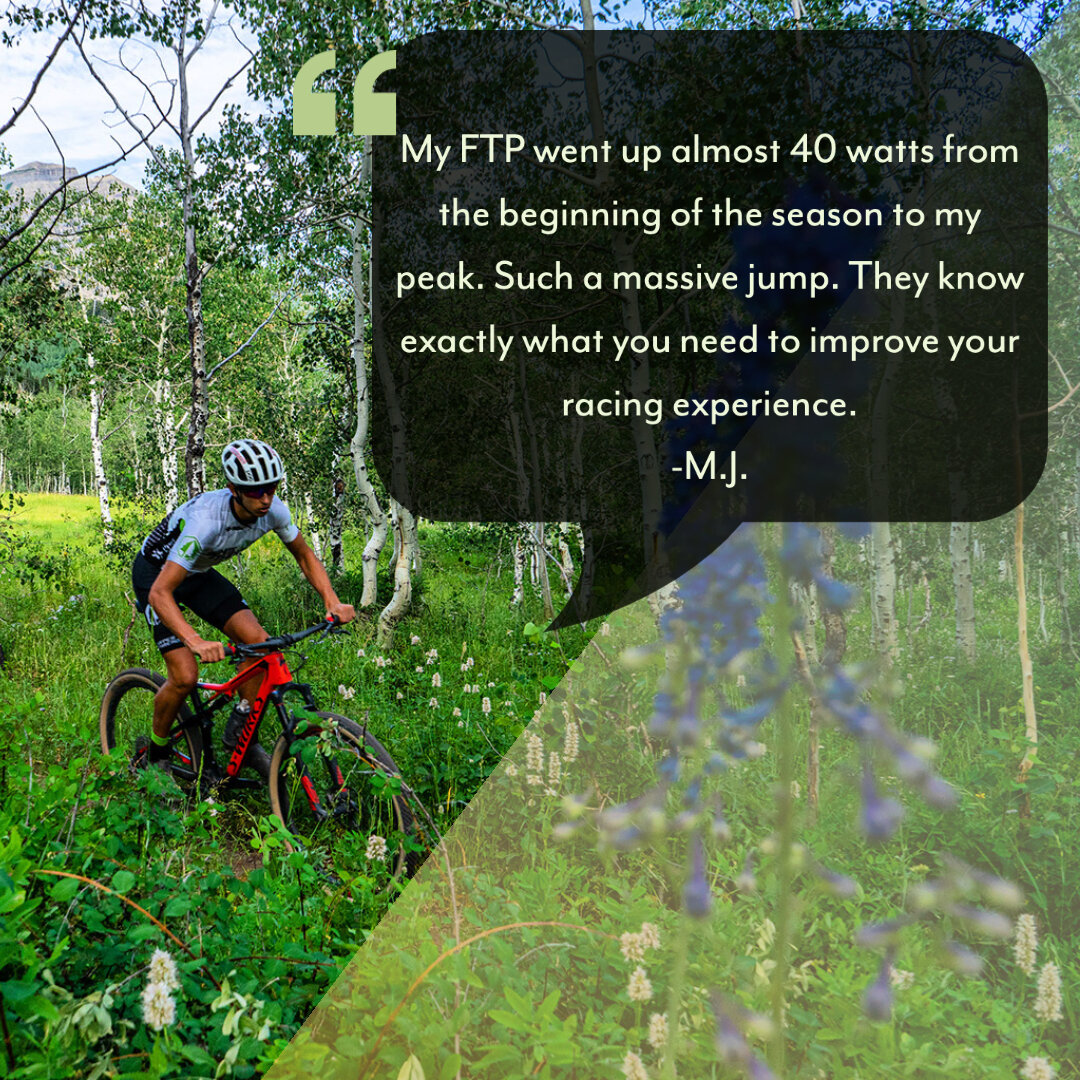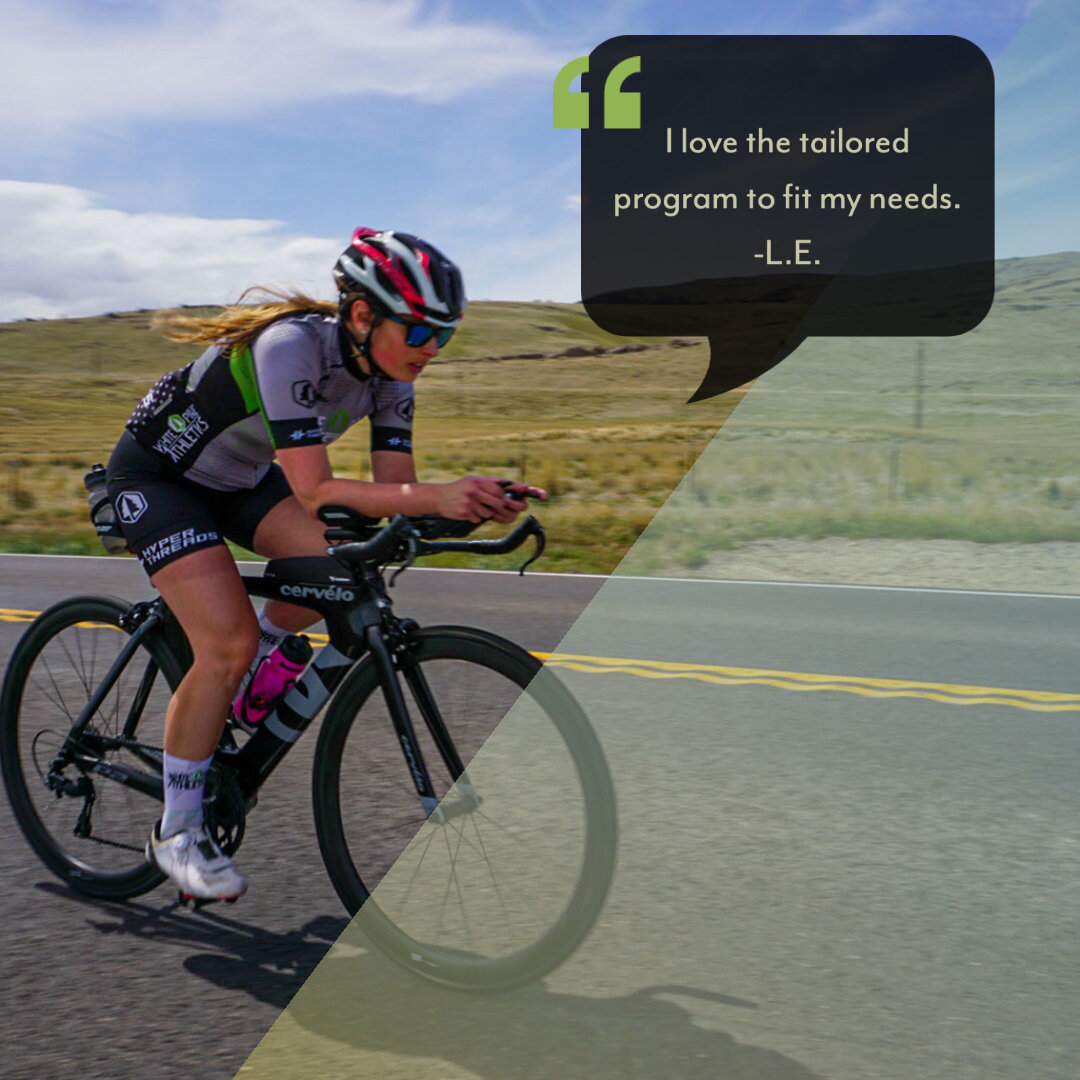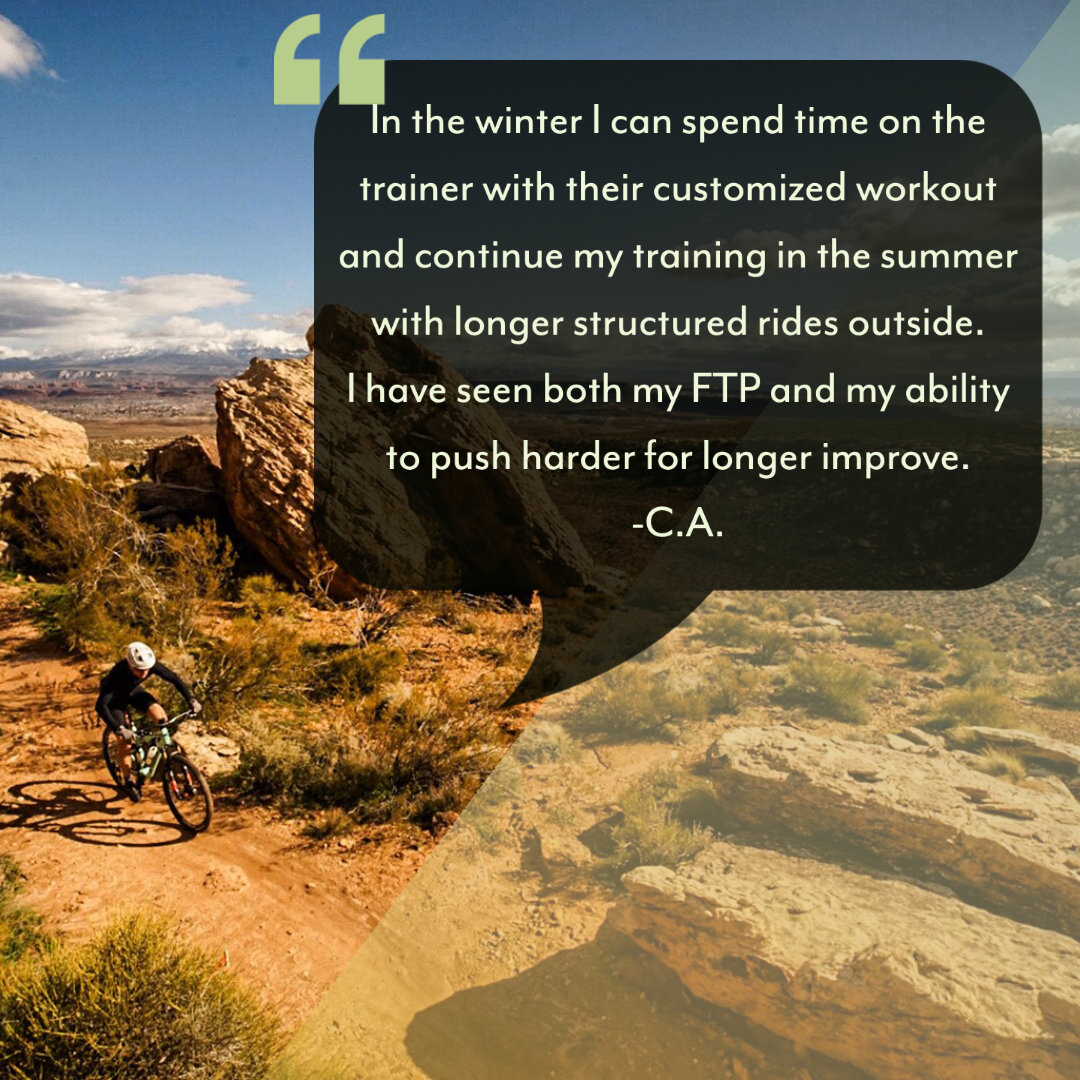By Chauncey Carroll
We’ve all heard the viral celebrity “diets” - think of Olympian Michael Phelps, who boasted of consuming upwards of 8,000 calories per day, Usain Bolt’s binge of Chicken McNuggets, Dwayne “The Rock” Johnson’s fish and egg feasts, or the Los Angeles Lakers’ obsession with bone broth. If we blindly follow one of these high-profile “endorsed” diets, it’s completely likely we could find ourselves fatter, slower, and fatigued through our training and competitive seasons. But why could one diet work so well for one athlete and completely unravel another?
While many nutrition principles stay the same from sport to sport, the details vary widely for elite performance depending on the athlete. Even basically, athletes differ from each other in height, weight, muscle and fat mass, and metabolic history. Each activity requires different techniques and varying levels of strength, power, speed, and endurance. While one athlete may only need to train 6 weeks for an event, another might spend 6 months with varied progressions of training. At the same time, one event may take less than 30 seconds to complete, another over 12 hours.
Photo Credit: Austin Tucker, TC Bukowski, Conor Barry, Austin Tucker, Derrick Lytle
From a physiological standpoint, your body prefers to use certain macronutrients for certain activities (carbs, fat, or protein). For instance, our brains rely nearly exclusively on glucose (the broken down version of carbohydrates) no matter the activity, while our legs might demand different amounts of fat for fuel depending on if we’re standing, walking, or running, and for how long. And while there is an innate fuel preference depending on activity, the way we train and eat can make us more efficient at using a certain fuel over another.
LET’S TAKE A CLOSER LOOK AT A FEW ATHLETE SCENARIOS…
Properly progressed endurance training will allow an athlete to more readily use fat as a fuel source in order to spare carbohydrates and extend endurance. But this definitely doesn’t mean the athlete should “fat load,” which has been trendy among celebrity athletes, who sometimes claim to fuel their races with nothing but olive oil and avocados. It’s critical to consume a balance of fat, carbs, and protein to supply the high-energy demand and the recovery required. Our bodies physiologically can’t even burn fat efficiently without drawing in carbohydrates to complete the reaction.
Contrast that with a power athlete, like a competitive weight lifter. The macronutrient that often gets over-emphasized in this arena is “PROTEIN!” And yes, their protein needs may be slightly greater than an endurance athlete’s, but nearly 100% of their lift will be fueled by carbohydrates. Their muscles are moving so fast at such a high-intensity that the body literally has no other option. But since their training and events may barely break minutes as opposed to hours, total calorie consumption should be a consideration. Any excess protein that isn’t being used for muscle recovery or growth, or eaten at the wrong time, will most likely turn into stored fat.
Of course, as athletes, whether we’re weekend warriors or competing for a paycheck, all have the same goal: complete our chosen activity to the best of our ability and feel AWESOME while doing it. Are your eating habits accomplishing that for you?






